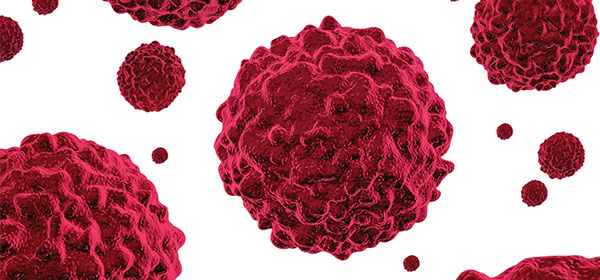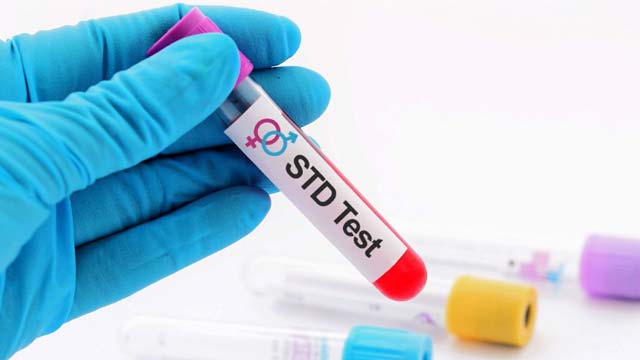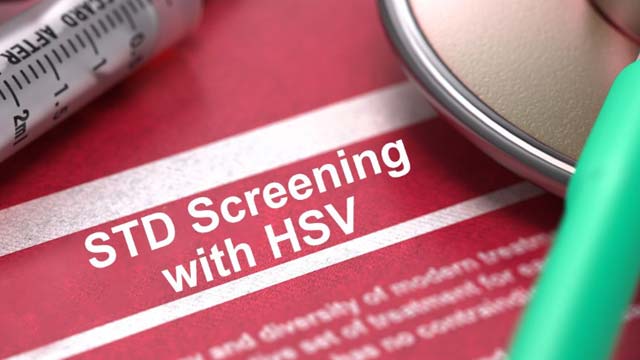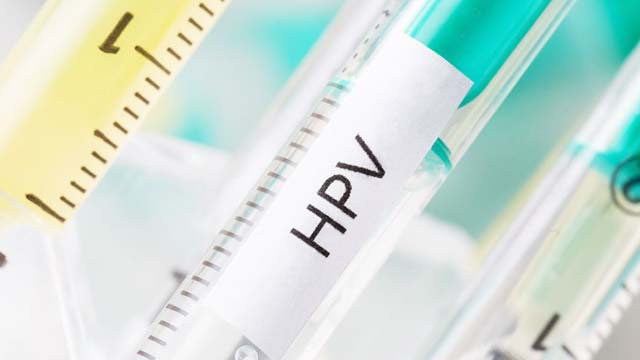What is STD?
Sexually transmitted disease (STD) is a condition passed on from an individual to another via sexual contact. An individual can contract an STD by having unprotected vaginal, anal, or oral sex with someone who has the disease. Regular testing is essential so that infections are detected quickly.
Some of the most common STDs in Singapore are: chlamydia, gonorrhoea, syphilis, genital warts and genital herpes.
Symptoms
Common STD symptoms may include:
| STD Symptoms in Men | STD Symptoms in Women |
|---|---|
|
|

Prevention tips for common STDs in Singapore
It is important to have conversations about sexual health, as avoidance or procrastination will result in serious health consequences.
Here is an in-depth article on some common STDs in Singapore, and how you can identify them early.
Human Papillomavirus (HPV)
Human papillomavirus (HPV) is one of the most common STDs that can lead to health problems such as genital warts and cancers in both men and woman. HPV can be transmitted even when an infected individual shows zero symptoms. The good news is, getting a HPV vaccination goes a long way in protecting yourself.
HPV is a group of more than 100 related viruses, with each virus given a number (HPV type). They affect different parts of the body and about 30 types of HPV can affect the genitals.
HPV is transmitted by having vaginal, anal, or oral sex with someone who has the virus. It can be passed even when an infected person has no signs or symptoms.
"High-risk" strains can infect the genitals of both genders - the vulva, vagina, cervix, penis and scrotum, as well as the rectum and anus, and lead to precancerous or cancerous changes.
HPV types 16 and 18 account for about 70 percent of cervical cancer cases.
"Low-risk" types of HPV are primarily responsible for genital warts in males and females.
The Difference Between Pap Smear vs HPV Test
Pap Smear

The Pap smear screens for abnormal changes in the cervical cells. It is recommended to be done every three years, for women between 25 to 29 years old.
As the body may be able to clear infections on its own, going for a HPV test at this age may not be necessary.
How is a Pap smear done?
It is a fast and simple procedure where an instrument is inserted into your vagina to locate the cervix. A soft brush is then used to collect some cells from your cervix. These cells will be sent to a laboratory to be examined under a microscope.
HPV Test

The HPV test screens for the high-risk cancer-causing HPV strains (eg. 16, 18) in the cervical cells. It is recommended that those aged 30 years and above do a HPV screening test every five years. At this age, the HPV test is a more effective test in in determining cervical cancer. This is because while your cells may appear normal, with the presence of high-risk HPV strains, the risk of your cells developing pre-cancer or cancerous changes in the future is higher, necessitating close follow-up with a gynaecologist.
How is an HPV test done?
The sample cells are collected via the same procedure as the Pap smear. However, your cells will be tested for the presence of HPV.
You are recommended to go for regular screening if you have ever been sexually active.
How Can I Protect Myself?
Reduce the chances of fatality in cervical cancer with regular cervical and HPV vaccination. With regular screening and early detection, cervical cancer is highly treatable.
Here are some recommendations on how you can get started:
STD Screening Packages
HPV Vaccination Packages
Terms & Conditions
- Price quoted is inclusive of GST and is applicable for online selection.
- Applicable at Raffles Medical clinics in Singapore.
- Unutilised items will not be refunded or discounted.
- Not applicable with other corporate programmes.
- Listed price and terms are subject to changes without prior notice.
Contact us
Contact us for consultation, treatment, and management from our dedicated healthcare team for all your primary health needs.




